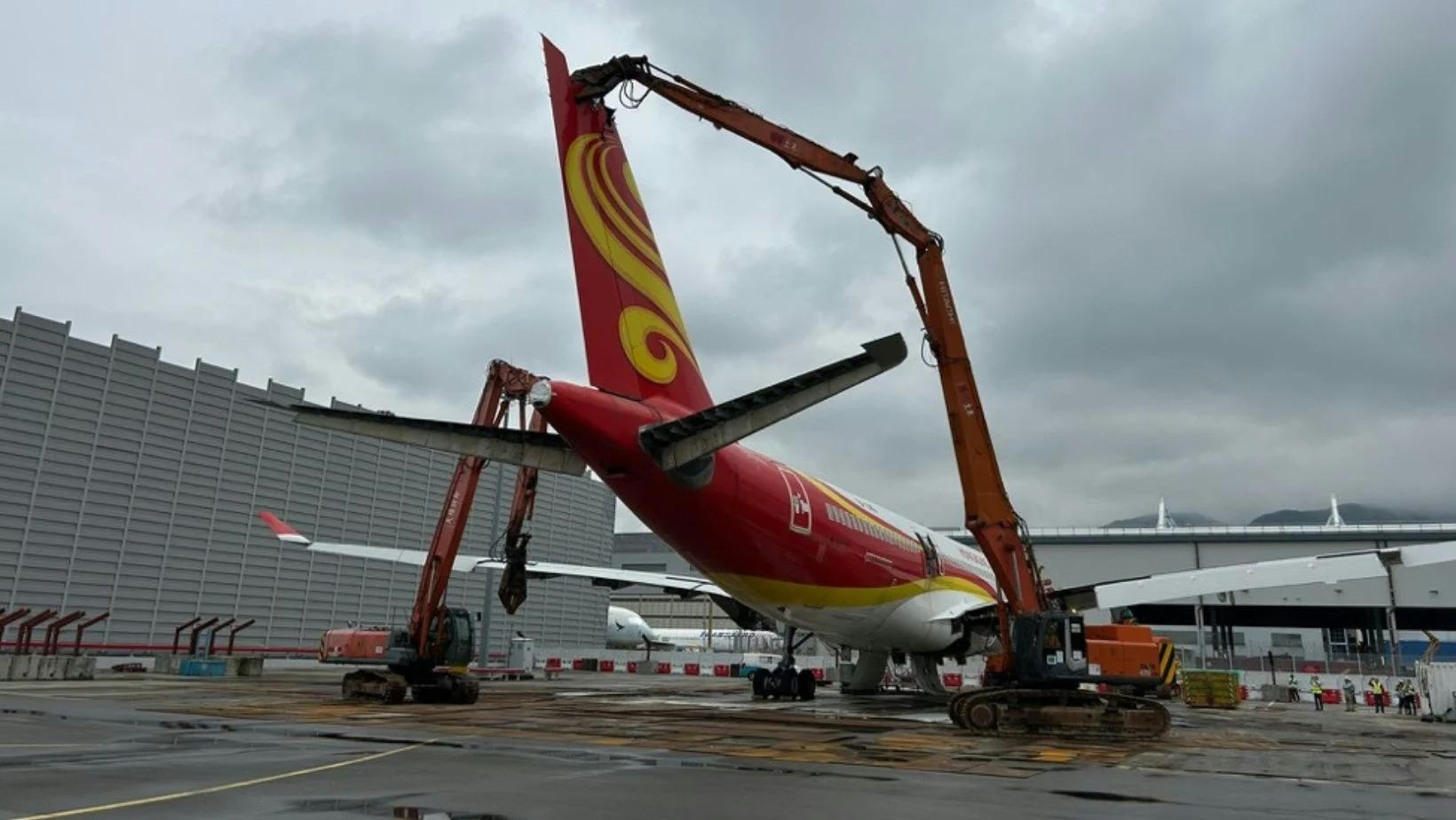
Smarter email, faster business.
Trending
IAG Orders 71 Wide-Body Jets from Airbus and Boeing for Fleet Renewal
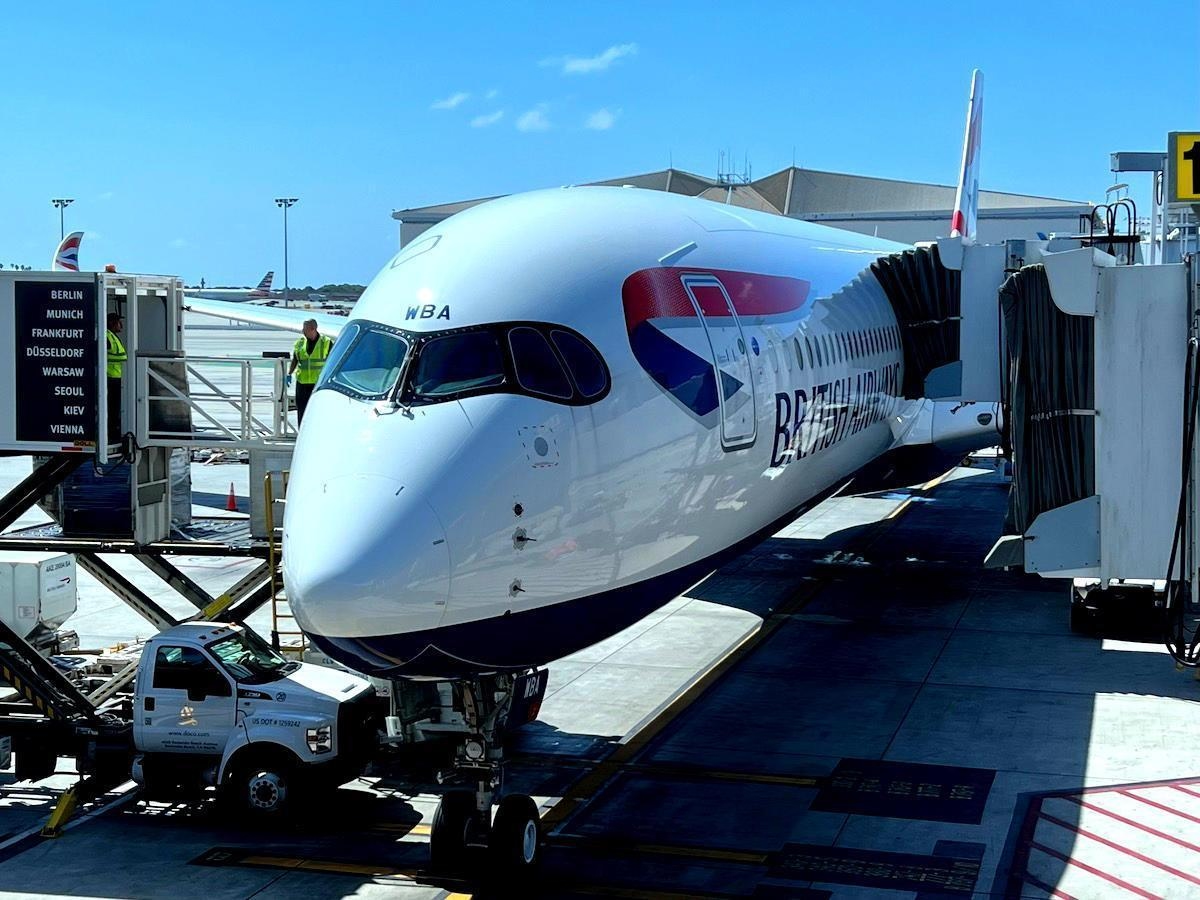
IAG Orders 71 Wide-Body Jets from Airbus and Boeing for Fleet Renewal
International Airlines Group (IAG), the parent company of British Airways, Iberia, Aer Lingus, and LEVEL, has announced a significant order for 71 wide-body aircraft as part of a comprehensive fleet modernization plan. This substantial commitment, one of the largest in recent years, includes both new purchases and the conversion of existing options, with deliveries scheduled between 2028 and 2033.
Composition and Purpose of the Order
The order comprises 32 Boeing 787-10s designated for British Airways, 21 Airbus A330-900neos allocated among Aer Lingus, Iberia, and LEVEL, six Boeing 777-9s for British Airways, six Airbus A350-1000s for British Airways, and six Airbus A350-900s for Iberia. Of these 71 aircraft, 53 represent new orders—specifically the 787-10s and A330-900neos—while the remaining 18 are conversions of existing options, including the 777-9s and A350 variants. IAG has indicated that approximately two-thirds of these jets will replace aging aircraft within its fleet, with the remainder intended to support growth in key markets.
Strategic Considerations and Market Context
Although the announcement coincides with discussions surrounding a new US-UK trade agreement, the order’s scope, involving both American and European manufacturers, reflects IAG’s broader strategic priorities rather than a direct response to political developments. As a Spanish-registered group operating airlines based in the United Kingdom, Ireland, and Spain, IAG’s decision underscores its commitment to enhancing operational efficiency and maintaining competitiveness across its diverse portfolio of carriers.
This move comes amid ongoing challenges in the global aviation industry, including supply chain constraints and intensifying competition. IAG’s sizeable order may place pressure on the production capacities of both Airbus and Boeing, potentially affecting delivery schedules. Rival airlines are expected to monitor IAG’s strategy closely, which could prompt adjustments in their own fleet renewal plans or encourage new alliances to preserve competitive positioning. Market analysts will be attentive to the implications for IAG’s financial performance and its standing in transatlantic and European markets.
Implications for Individual Airlines
British Airways will receive the majority of the new Boeing wide-body aircraft, a strategic step aimed at replacing its aging 777 fleet with more fuel-efficient models and expanding its long-haul capabilities through the addition of A350-1000s. Iberia is set to enhance its fleet with A350-900s and potentially A330-900neos, facilitating both replacement of older aircraft and growth initiatives. Aer Lingus, whose current A330 fleet averages over ten years in age, stands to benefit significantly from the A330-900neo order. This investment signals a renewed focus on improving product quality and operational efficiency within an airline that has sometimes been viewed as less prioritized within the group.
Environmental and Industry Impact
The selection of next-generation aircraft, particularly the A330-900neo and Boeing 787-10, highlights IAG’s commitment to sustainability. These models offer marked improvements in fuel efficiency and emissions reduction, aligning with the group’s environmental objectives. This investment not only modernizes IAG’s fleet but also positions the group as a leader in responsible aviation, addressing regulatory demands and evolving passenger expectations.
By embarking on this ambitious fleet renewal, IAG demonstrates confidence in long-term market demand and adopts a proactive stance toward the challenges and opportunities shaping the future of global air travel.
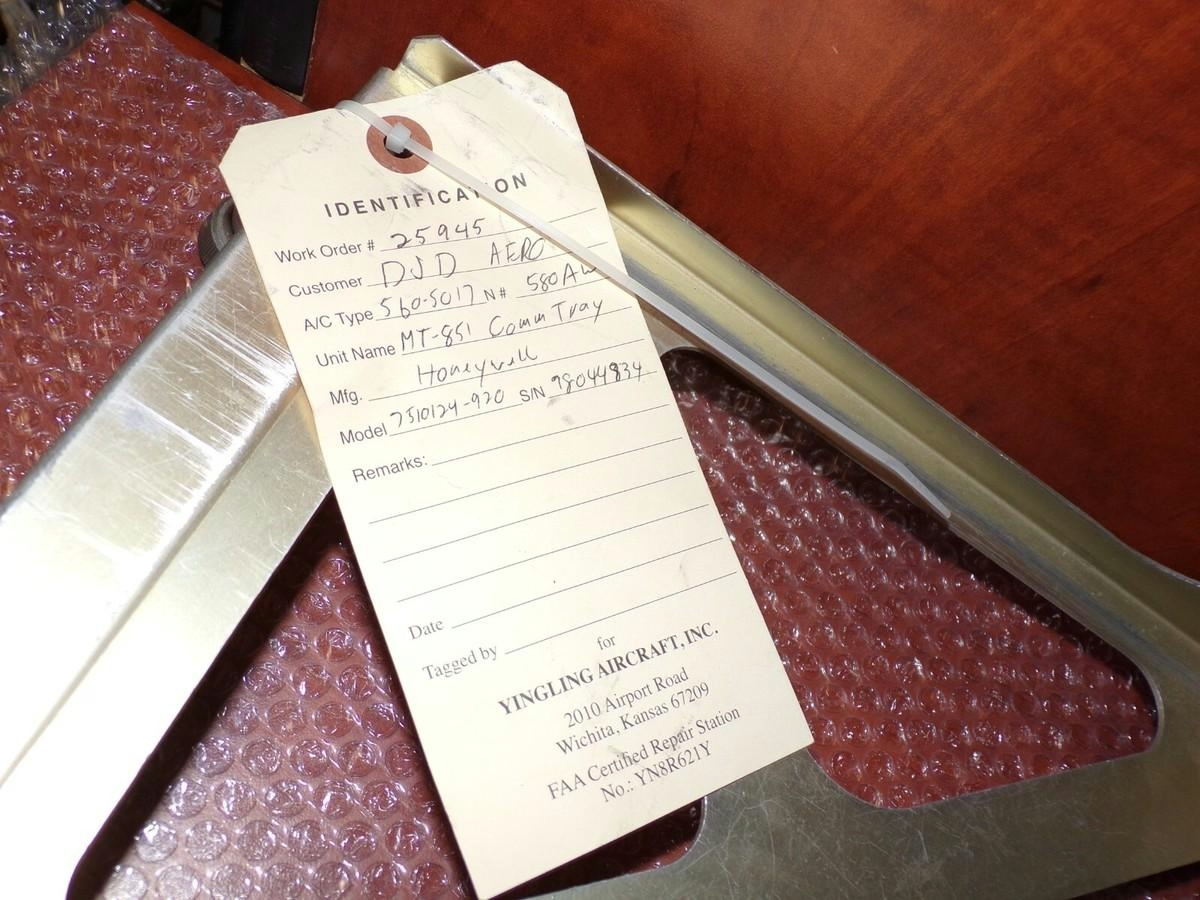
Yingling Aviation Named Authorized Honeywell Dealer
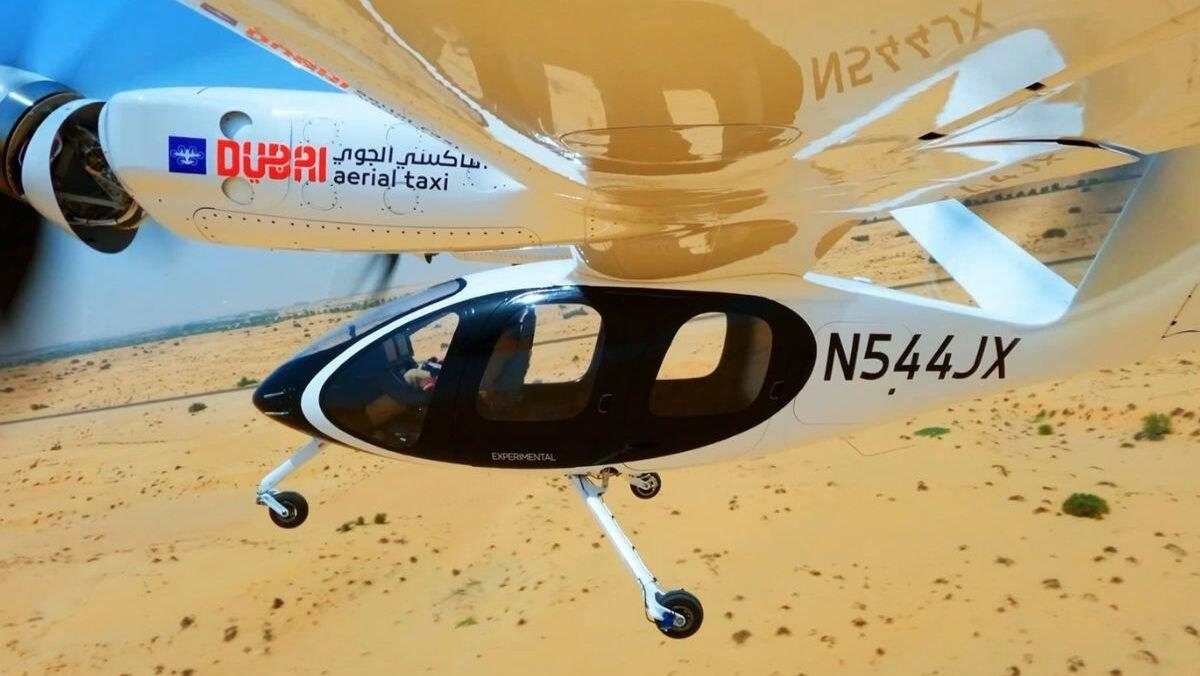
Does Joby Aviation's Milestone in Dubai Point Toward Further Growth?
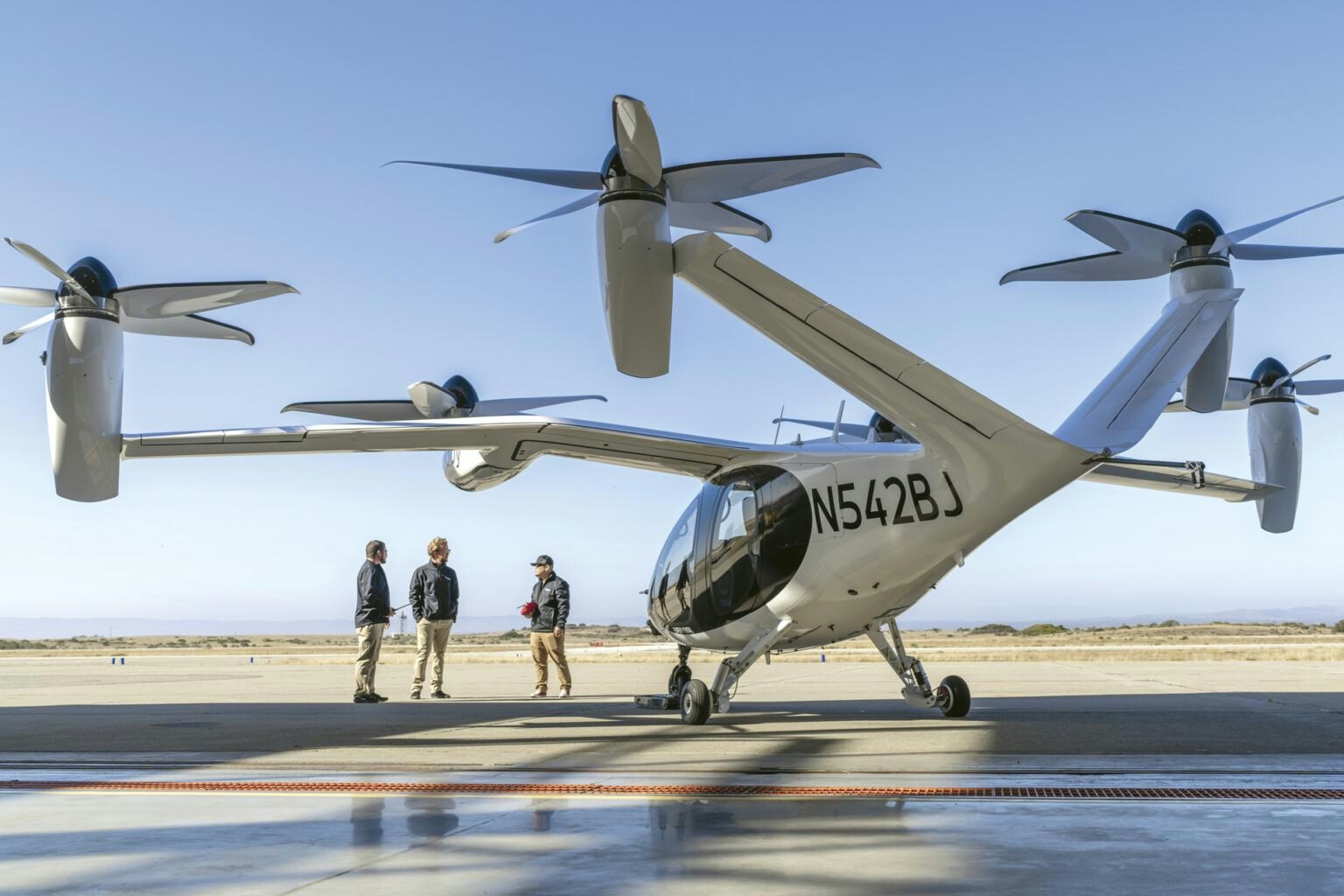
New Invention Promises to Eliminate Airplane Emissions in Country
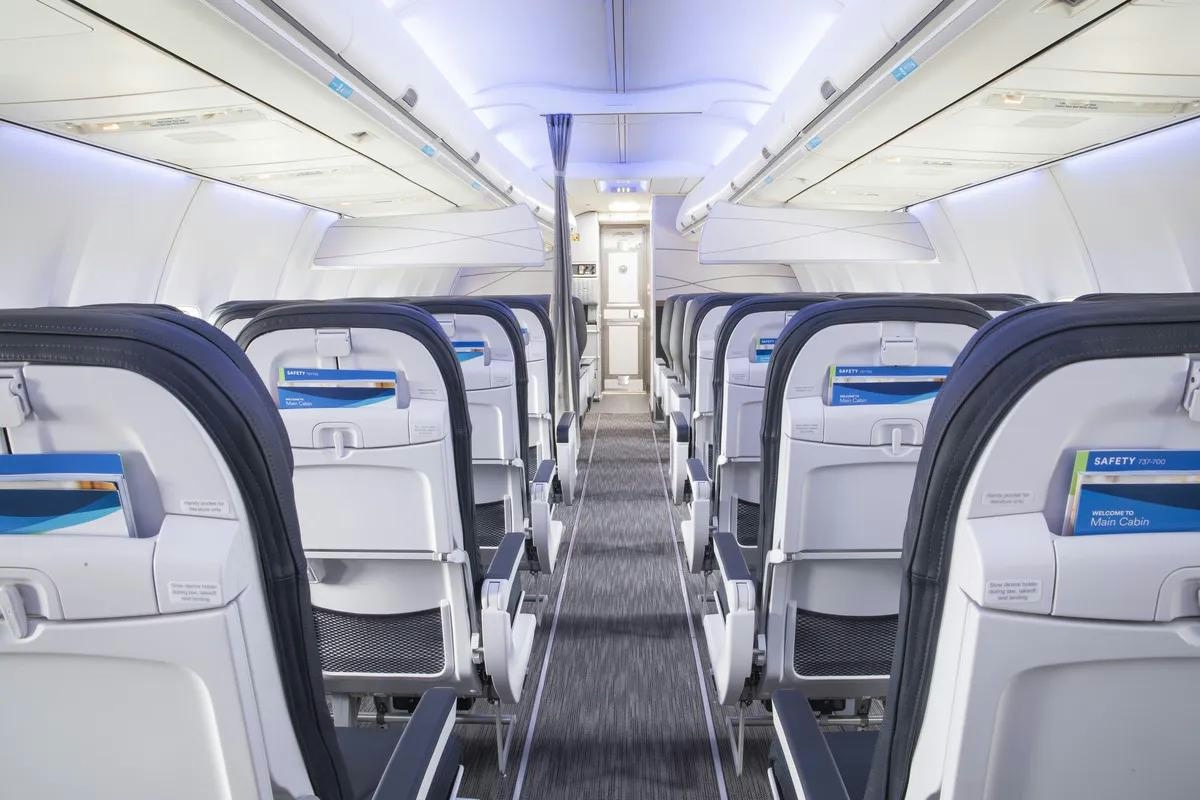
Key Questions on Chinese Travel, AI, and Airlines Answered by Skift
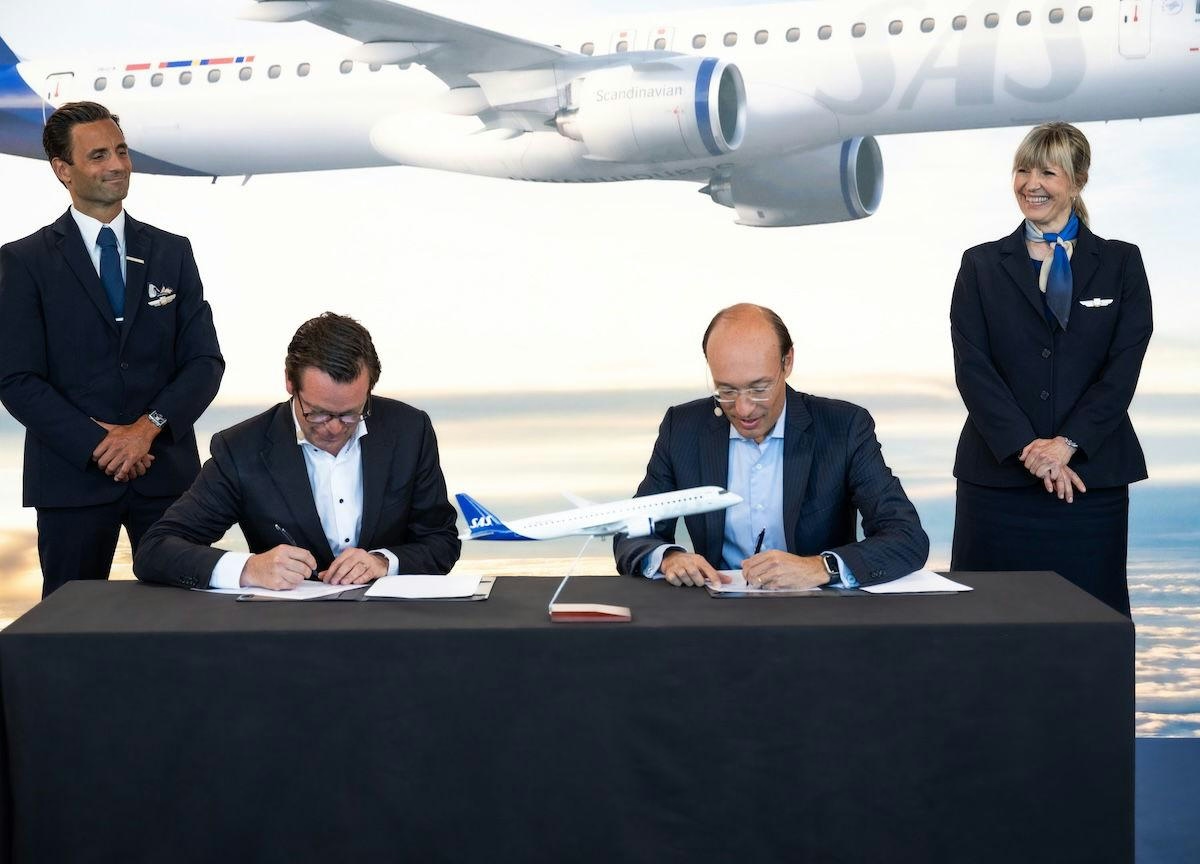
SAS Orders Up to 55 Embraer E195-E2 Jets
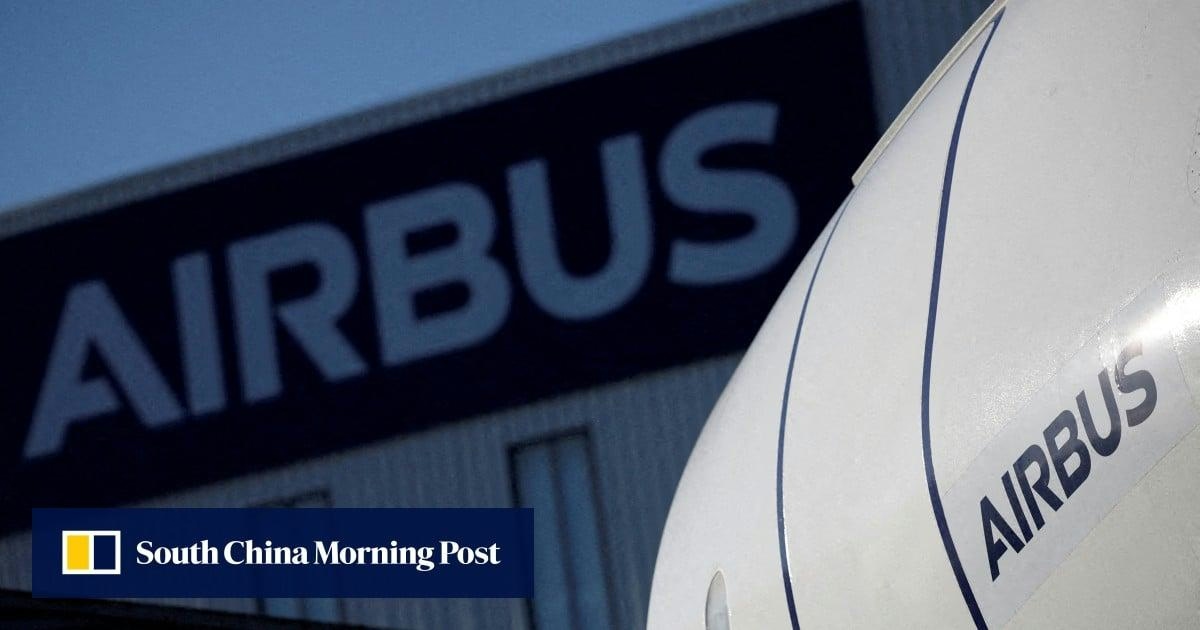
China edges closer to Airbus mega-deal, leaving Boeing out in the cold: analysts
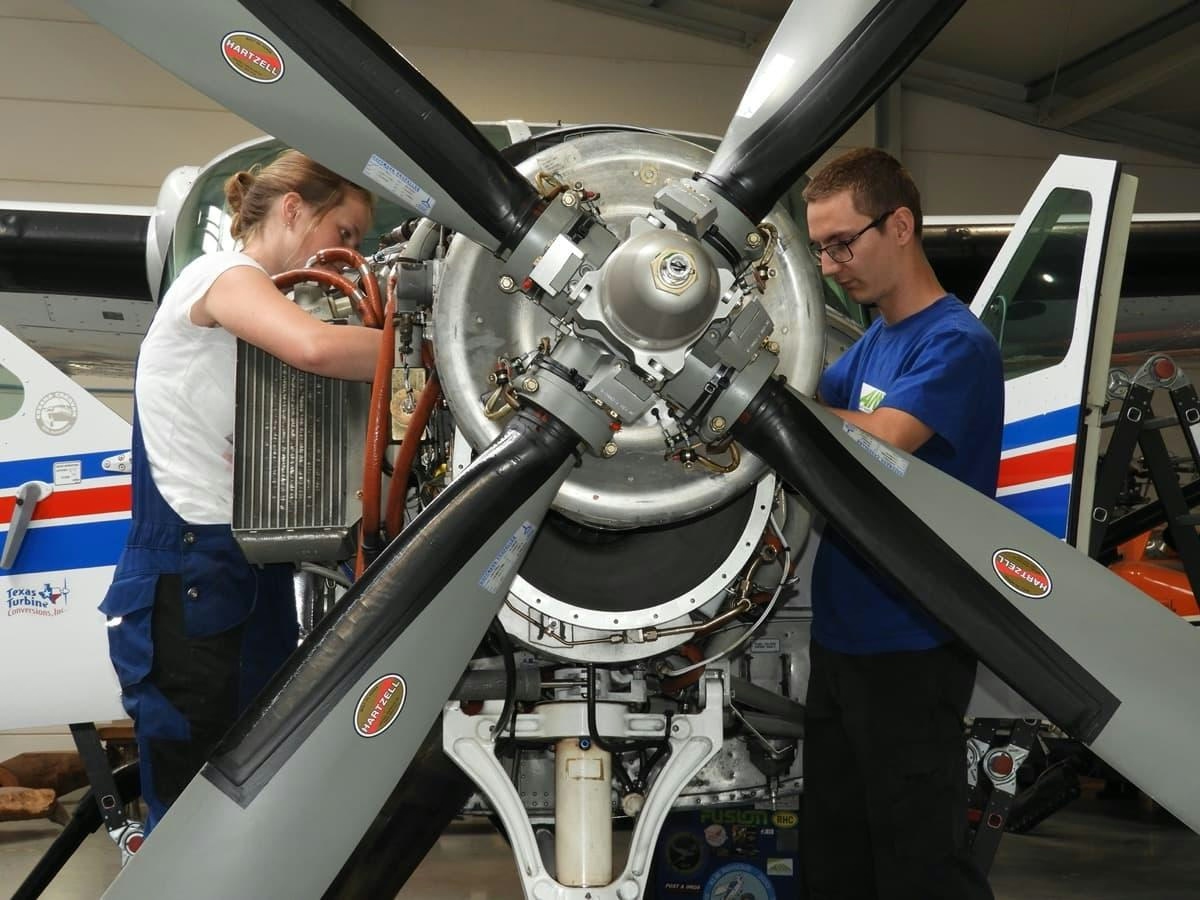
Rano Air Collaborates with Aviation Authorities to Investigate In-Flight Engine Malfunction

Portugal Hosts Aviation Pioneers at World Aviation Festival in Lisbon
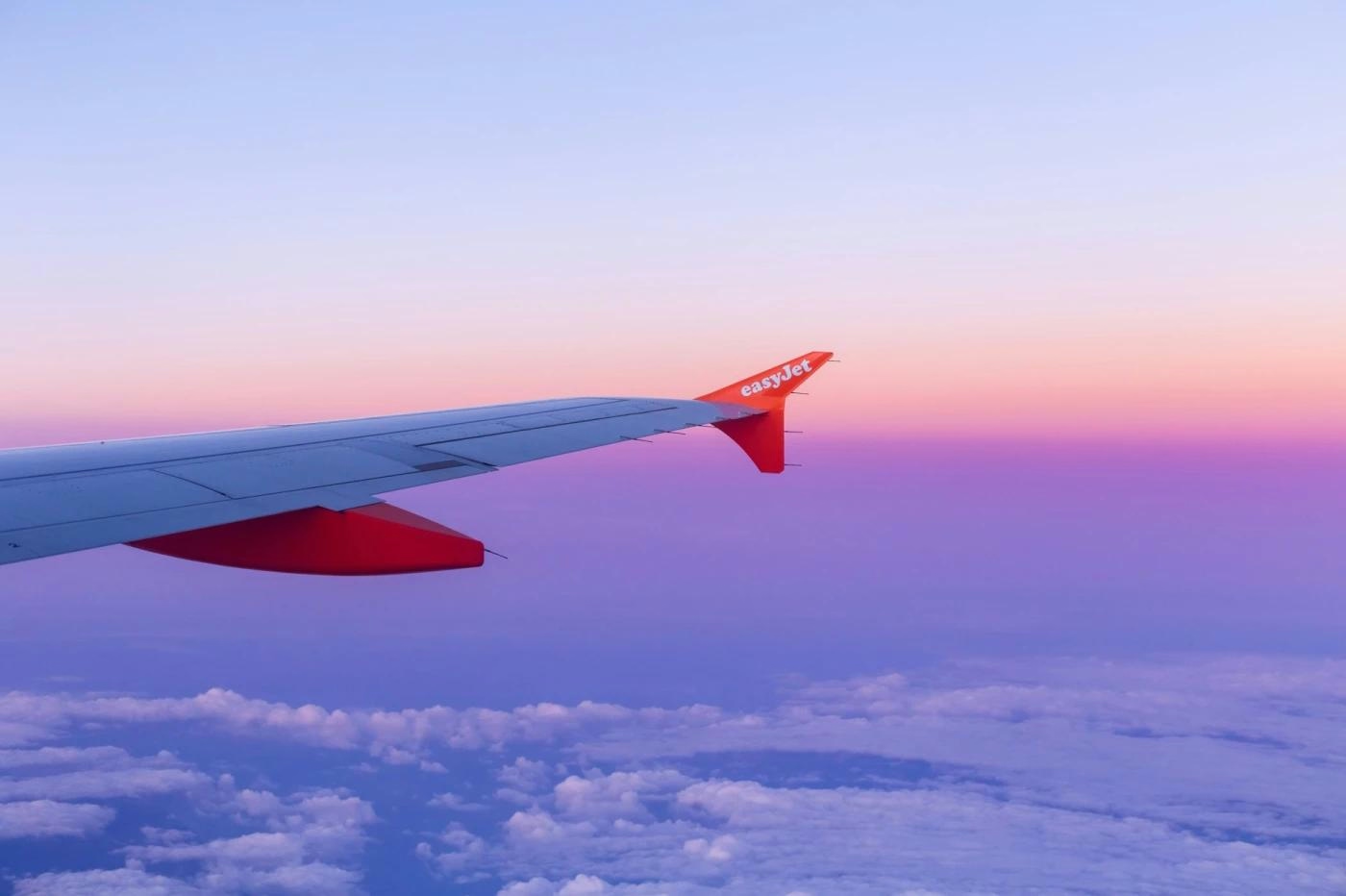
World Star Aviation Backs XMAL’s First Lease Deal with easyJet
